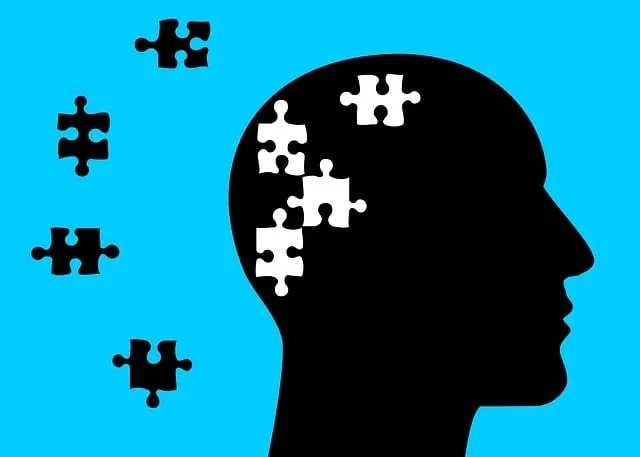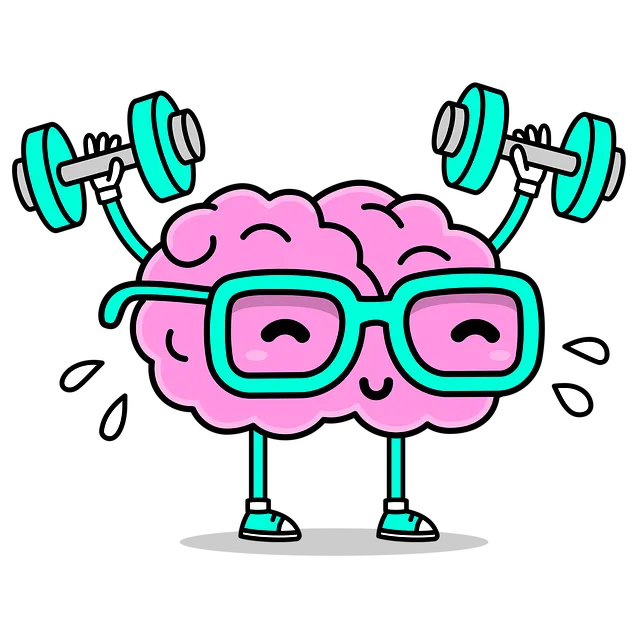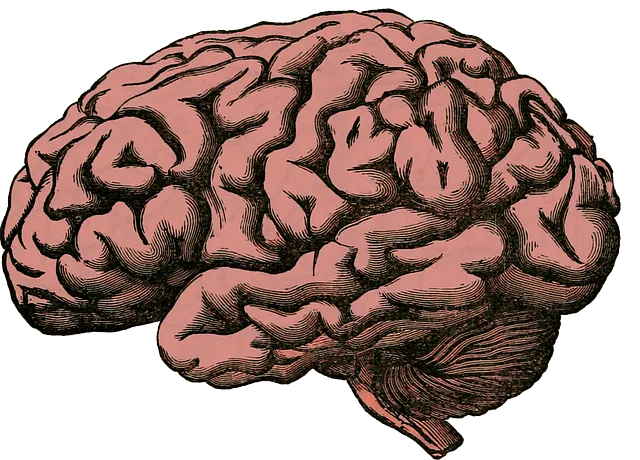The Kaiser Permanente mental health facility in Northglenn employs a robust evaluation process for its wellness programs, combining quantitative metrics (patient satisfaction, symptom reduction) and qualitative insights (interviews, focus groups). This holistic approach assesses both individual well-being improvements and systemic impacts like stigma reduction. By integrating Mental Health Policy Analysis, community-specific Education, and Provider Competency Training, the facility ensures continuous program enhancement and optimizes mental health services for diverse patient populations.
At Kaiser Permanente’s mental health facility in Northglenn, a comprehensive evaluation program is instrumental in gauging the impact and enhancing the quality of care. This article delves into the multi-faceted approach employed, spanning quantitative metrics and surveys from Kaiser Permanente Northglenn to qualitative client feedback and focus groups. By combining these methods, the facility analyzes data, identifies trends, and makes informed adjustments to its mental wellness programs, ensuring ongoing improvement aligned with client needs. Discover best practices for designing effective evaluation tools and learn from case studies demonstrating how client insights drive successful program modifications at Kaiser Permanente Northglenn.
- Assessing Program Impact: Metrics and Surveys for Kaiser Permanente Northglenn
- – Overview of evaluation methods used at Kaiser Permanente mental health facility in Northglenn
Assessing Program Impact: Metrics and Surveys for Kaiser Permanente Northglenn

Evaluating the impact of mental wellness programs is paramount to understanding their effectiveness and making informed improvements. At Kaiser Permanente Northglenn, a leading mental health facility, various metrics and surveys are employed to gauge program success. These tools capture key indicators such as client satisfaction, symptom reduction, and changes in self-care practices—essential elements in measuring the overall well-being of individuals engaging in these programs.
Beyond individual outcomes, Kaiser Permanente Northglenn integrates Mental Health Policy Analysis and Advocacy into their evaluation process. By examining the broader impacts on mental illness stigma reduction efforts, the facility contributes to a more supportive societal environment. This holistic approach ensures that program evaluations not only reflect individual improvements but also foster systemic changes, ultimately enhancing mental health services for the community at large.

At Kaiser Permanente mental health facility in Northglenn, evaluating the effectiveness of wellness programs is a multifaceted process. They employ a combination of quantitative and qualitative methods to assess the impact of initiatives like Mental Wellness Coaching Programs Development, ensuring every aspect resonates with their diverse patient population. This includes tracking key performance indicators (KPIs) related to engagement, satisfaction, and clinical outcomes alongside in-depth interviews and focus groups with participants.
Their approach also integrates Mental Health Education Programs Design tailored to specific communities within the facility, allowing for a nuanced understanding of what works best for different demographics. Additionally, Healthcare Provider Cultural Competency Training is integral to their evaluation process, as it equips staff with the skills to conduct meaningful assessments while respecting patients’ diverse backgrounds and experiences.
– Overview of evaluation methods used at Kaiser Permanente mental health facility in Northglenn

The Kaiser Permanente mental health facility in Northglenn employs a multi-faceted evaluation approach to assess and improve their programs effectively. Their strategy includes both qualitative and quantitative methods, ensuring a comprehensive understanding of client outcomes and program impact. The facility utilizes structured interviews and surveys to gather data on patient satisfaction, treatment effectiveness, and the development of coping skills. These tools provide insights into individual experiences and overall program performance.
Additionally, Kaiser Permanente Northglenn leverages analytics from electronic health records (EHRs) to track progress over time, identify trends, and measure the success of interventions. They also organize and analyze feedback from focus groups and mental wellness podcast series production, which offers a platform for clients to share their stories and provide suggestions. This holistic evaluation method enables the facility to enhance its services, foster resilience-building programs, and continuously improve coping skills development initiatives.
The evaluation methods employed by Kaiser Permanente mental health facility in Northglenn demonstrate a comprehensive approach to measuring the impact of wellness programs. Through a combination of metrics and surveys, the facility effectively assesses participant satisfaction, clinical outcomes, and overall program effectiveness. This data-driven strategy allows for continuous improvement, ensuring that services remain aligned with the evolving needs of the community, ultimately enhancing mental health support at Kaiser Permanente Northglenn.






